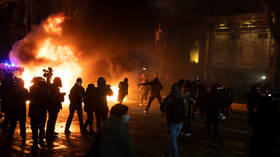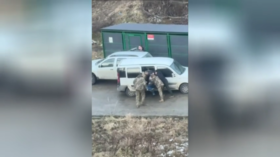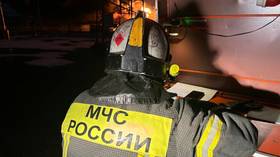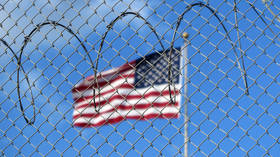Church slams Georgian president’s call for schools to back protests
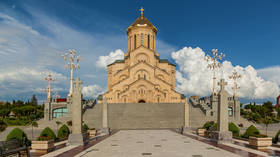
The Patriarchate of the Georgian Orthodox Church has blasted the country’s president, Salome Zourabichvili, for calling on schools to back ongoing pro-EU protests in Tbilisi, given the violent tactics used by some rioters.
Any statements “aimed at inciting the involvement of schoolchildren and, in general, minors, especially [such statements] made by the country’s president, are extremely disturbing,” the Patriarchate said on Tuesday, according to local media.
Earlier, hundreds of university lecturers expressed support for the demonstrations and encouraged their students to take part.
The Church said that, instead of instigating unrest, the head of state “should work to reduce the polarization and hatred in society, so that the mental and physical health of the future generation will not be harmed by the current events.”
“Madam Salome, I hope that, after schools, you will not call on kindergartens to participate in protests,” the head of the Georgian Patriarchate’s press service, Archpriest Andria Dzhagmaidze, wrote on Facebook.
The Church reacted after Zourabichvili wrote on X on Monday: “After universities, it is the turn of schools to express their solidarity with the protests, all over Georgia.”
It is unclear whether Zourabichvili, whose six-year term in office is due to end, was calling on minors and teenagers to take to the streets or on their schools to issue a declaration of support.
Mass protests were organized over the outcome of the general election in early November. Further escalation followed last week after Prime Minister Irakli Kobakhidze announced that he would freeze talks about Georgia joining the EU until 2028, due to Brussels’ “constant blackmail and manipulation” of internal politics in Tbilisi.
Kobakhidze has denounced the demonstrations as an “attack on the constitutional order in the country” and has accused the West of an attempt to orchestrate a coup similar to the US-backed Maidan revolution in Ukraine in 2014, warning that such a scenario “cannot be realized in Georgia.”
